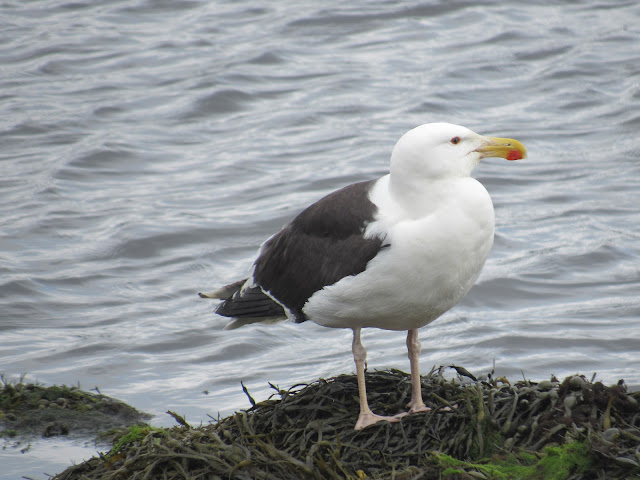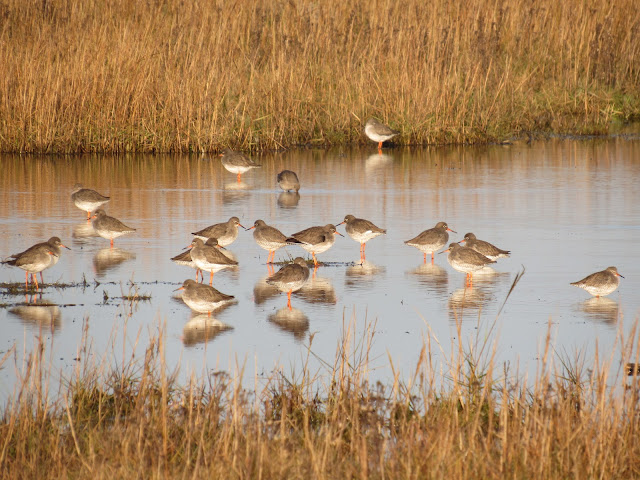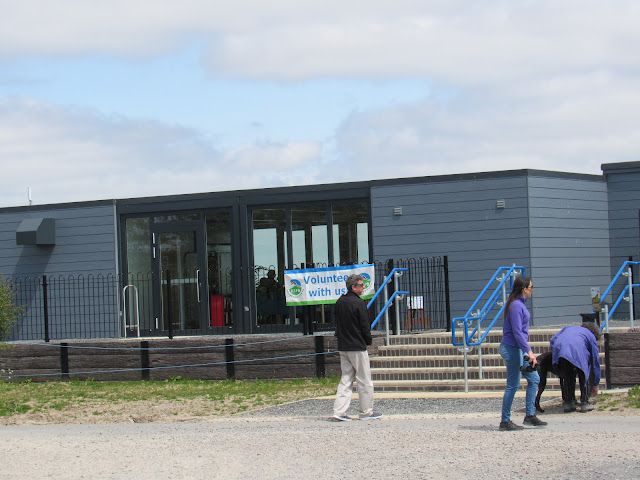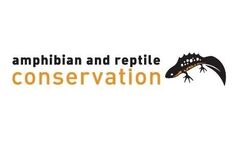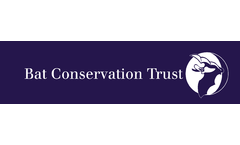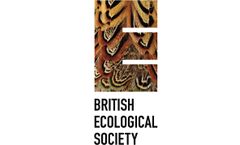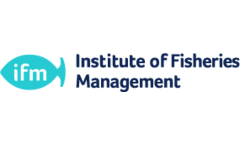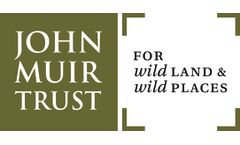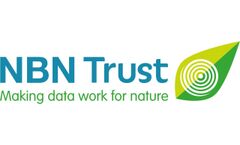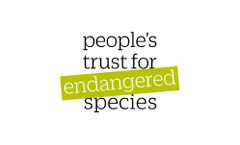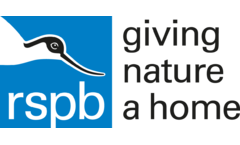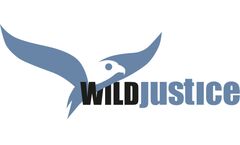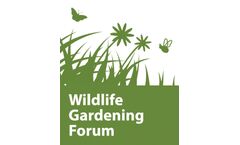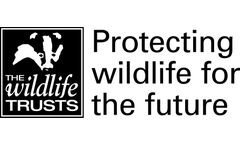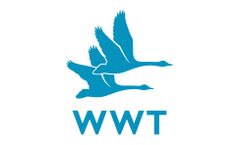 |
| Chris Packham: "Inconvenience is a relative thing." |
The campaign group Just Stop Oil is monitoring the case at Isleworth Crown Court in which eco-activist Cressie Gethin (23) is being prosecuted for Causing a Public Nuisance - a charge which she denies. JSO has issued a press release transcript of the court testimony from TV naturalist Chris Packham who is also a JSO supporter .
DEFENCE CROSS EXAMINATION
Cressie Gethin (who is conducting her own defence): Could you tell the Jury about your background?
Chris Packham: I am a man that loves life. Everything that slithers and crawls and swims. For the first 3rd of life I investigated everything - I had a profound interest in the natural living world and biology. The second two thirds of my life have been given over to a very real need to conserve our life. We have lost 70 percent of world’s wildlife in my lifetime. This destruction is having an impact on human life too…
Judge: You are venturing into the unnecessary.
Cressie: Where were you on the morning of 20th July 2022?
Chris Packham: On a journey from New Hampshire to Surrey - I was working on a BBC TV programme, Inside Autistic Minds. I was going to a school to conduct interviews.
Cressie: Were you delayed by the M25 closures?
Chris Packham: Yes, the M25 and the M4 and other roads where people had left – I was routinely inconvenienced using the UK public road networks.
Cressie: How long were you delayed for?
Chris Packham: Four to five hours.
Cressie: What was your experience that day?
Chris Packham: Like any delay I would experience - I frequently experience delays. We tried to pick a route that would avoid the congestion but kept getting stuck. Eventually we got off the M25 and I arrived four to five hours late - the congestion is as it always is - slow, moving to a standstill.
Cressie: Do you remember your colleagues’ reactions?
Chris Packham: I communicated with them over the phone. I kept them abreast to the delays . They were understanding and sympathetic to the reasons for the delay…
Prosecution: It’s what you experienced, not what others did.
Cressie: Have you ever experienced another delay of this length?
Chris Packham: Frequently - the M25 was built in the 80s or 90s - it’s known as a parking lot. As we speak, I bet people are sitting on the M25 now.
Judge: Why didn’t you leave four hours early today then?
Chris Packham: I left last night.
Cressie: While delayed, what were you feeling?
Chris Packham: I was brought up to arrive on time. It’s a necessity in my work. For cost and function. I always feel pressured to be on time. Knowing I was going to be late initially caused me concern. Initially I was frustrated and then I researched and discovered the reason was that protestors were acting on the A25. Then I changed my thinking.
Rather than seeing a problem I saw an opportunity. I had time to reflect on their motives. I thought about whether the action was productive, what it was doing, to reflect on the fact that I was unable to use the Rail Network. The Rail Network, in the extreme heat, was issuing warnings not to use trains. I reflected on the fact that I was sweating - it was the day after the UK had recorded its highest temperature, just two days before the Government’s ‘Net Zero’ plan was declared illegal.
I thought about their intent. I sympathised with them. Rather than sit and eat and fret - I ran through the process, and that made the experience positive. Others should do the same.
The delay was not unusual - it could have been caused by many factors - for instance the fragility of our traffic system.
Cressie: Would you say that it amounted to serious inconvenience?
Chris Packham: Inconvenience is a relative thing. Compared to high temperatures, the Government and the Met office were…
Prosecution: No, I’m sorry - the witness was asked, 'Were you seriously inconvenienced?'
Chris Packham: I was as seriously inconvenienced as those people who are in unbearable conditions in other parts of the word…
Judge: You were a member of the public - you were inconvenienced. Would you class it as serious?
Chris Packham: Not compared to the serious disruption I may experience in future.
Judge: Were you seriously inconvenienced?
Chris Packham: No, I was not.
Cressie: Did you experience financial loss?
Chris Packham: No, I didn’t.
PROSECUTION CROSS EXAMINATION
Prosecution: You are not an independent witness, are you?
Chris Packham: I support some of what Just Stop Oil does.
Prosecution: JSO love having you as a supporter, don’t they?
Chris Packham: I do the same for the RSPB and others. I selectively support things that they do and I support other environmental groups too.
Prosecution: You made a TV Statement saying “it’s time to break the law” didn’t you? Do you agree it’s time to break the law by closing the M25?
Chris Packham: I think it was necessary for those protesters at that point to use peaceful means to raise an alarm.
Prosecution: You don’t know about the traffic jams at Junction14 and Junction15 as you avoided them didn’t you? Therefore you can’t comment how much traffic there was at these junctions.
Chris Packham: My research showed that the traffic was at a standstill. I avoided that and then joined after.
Prosecution: have you seen the drone footage?
Chris Packham: No.
Prosecution: It was the day after the hottest day ever - and it was hot and uncomfortable in the car?
Chris Packham: As it is on many occasions.
Prosecution: Please do your best to answer the questions. It would cause serious annoyance and distress - I am asking you to think about all those other people in their cars and lorries and their vans.
Chris Packham: I did, but I also thought about what it would be like for people for whom it was much hotter.
Prosecution: 26 flights were cancelled.
Chris Packham: As I recall, Heathrow was under stress and it had already capped the amount of flights that could leave.
Prosecution: There were over 3000 people impacted, 26 flights delayed and 19 flights cancelled. Do you agree that these people were seriously inconvenienced and seriously annoyed?
Chris Packham: I don’t. It would be difficult for you to apply all of this to Cressie Gethin. I support the need to raise the alarm on the most serious issue that threatens life and threatens us.
Judge: There was a TV documentary called, Is it time to break the law? this was a question not a statement was it not, Mr Packham?
Chris Packham: It was programmed by Channel 4.
Judge: Had it not been a JSO protest - if it were for some other cause? Would you have felt differently about it?
Chris Packham: In that context, I would have been principally concerned with the fragility of the network and the fact that I could not take public transport. The fact that it was about climate enabled me to reflect.
***
Earlier, Cressie Gethin gave her evidence to the Jury. This went as follows:
On 20th July 2022, I climbed up onto a gantry over the M25. I hung up two banners - one said ‘Just Stop Oil’ (the campaign in whose name I was taking action) and the other said ‘40 Degrees' (this was a day after the 40C heatwave scorched the UK, burnt down houses and left people dead).
The prosecution have said that my intention was clearly to stop the traffic.
However, it is under oath that I say I was not expecting the police to close the entire motorway. I thought it was possible they may decide to close one or two lanes, or perhaps slow the speed of the traffic, but I was very surprised when they closed the whole thing.
I was surprised because I was conducting a non-violent, peaceful protest, the intention of which was to gain media attention and create public pressure on the Government to stop new xploration for oil and gas.
When the police did close the motorway, I did not immediately come down - you saw that in the footage. As I said, my intention was to get media attention and I realised that the road closure would be attracting more press coverage and therefore more pressure on the Government to take steps to protect its own citizens.
I will also address the matter of delays at Heathrow.
Whilst this may sound unbelievable, I did not realise that the stretch of motorway I was on led to Heathrow - as I say, this may sound ridiculous, but I am telling the truth under oath.
Because I am bound to the truth, I will also say that, despite not having been aware of the location at the time, I do not think that near Heathrow was an inappropriate place to conduct this protest, given that it was there that 40.2C was first recorded the day before, and because of the relevance of air travel to the message I was trying to get heard.
The 20th July was deliberately chosen to be when the temperature was less dangerous and the Met Office’s extreme heat warnings had been lifted.
This was in order to remove any risks linked to heat and dehydration for myself and for any members of the public who were in their cars for longer than anticipated.
I also took safety precautions that minimised any risk to myself or to drivers on the motorway. I ensured that there was at least one point of attachment between the gantry structure and the banners at all times.
I also wore a safety harness so that I was attached to the gantry at all times.
This gantry was enclosed and felt safe (it is designed for human access and is essentially a footbridge with enclosed sides) - but I took this precaution to make sure I was being as safe and conscientious as possible.
I want to make it clear that in no way did I feel a sense of glee or “yes, I’ve won” when the police closed the road.
I understood that, by closing the road the police would be having to manage traffic that would have otherwise come down that stretch of the motorway, and that didn’t and doesn’t sit easy with me.
The reason I didn’t come down goes back to my original intention to get the attention of the media and public, and ultimately, to address rather than ignore injustice and suffering.
There was a moral dilemma involved in taking this action.
I knew there was a possibility that the action would impact some people - that is the nature of visible and attention-grabbing protest.
I had to weigh this, which doesn’t sit easy with me, against my sincere desire to protect lives.
As I said at the beginning, my overall intentions were and still are to create pressure on the Government over policies that are killing people around the world.
The trial continues.








